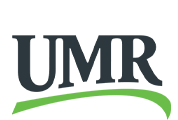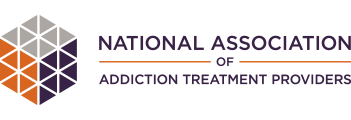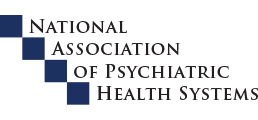Below are summaries and links for ten relapse-related articles, divided into four sub-topics. To access the complete versions of any article, either click the name of the article (or its URL) or copy the URL and paste it into your browser’s address window.
Understanding Relapse
5 Things You Need to Know About Relapse
- Summary: People in recovery (and their family members) are often terrified by the thought of a relapse. The reality is that relapses are common – but they aren’t the end of the world. This article helps to dispel some of the mystery and stigma that too often accompanies discussions of relapse. – Source: The Partnership at Drugfree.org
Why Relapse Isn’t a Sign of Failure
- Summary: Studies suggest that approximately half of all individuals who try to get sober return to heavy use, with 70 to 90 percent experiencing at least one mild to moderate slip. It’s important to understand that relapsing does not mean you have “failed.” – Source, Psychology Today
Relapse Prevention Information
Relapse Prevention: Know Your Triggers
- Summary: Being aware of the risks before they present themselves is an essential component of maintaining your recovery. This article discusses 10 common triggers, and provides information on how to avoid or address them before they harm your recovery.
Relapse Prevention – Planning for Success
- Summary: Relapse Prevention Planning is based on the experiences and successes of many people just like you who have already traveled the road to recovery. It recognizes that the road often has many rough patches, and that to succeed on this road you will need a relapse prevention plan. – Source: Alberta Health Services
How to Prevent Opiate Addiction Relapse
5 Ways to Avoid Addiction Relapse
Summary: There is no magic wand to help substance abusers avoid relapse; staying clean and sober takes a lot of hard work and commitment. However, there are ways to decrease relapse potential with the hopes of avoiding relapsing completely. – Source: PsychCentral
If you feel that you are in crisis, or are having thoughts about hurting yourself or others, please call 9-1-1 or go to the nearest emergency room immediately.
Recovering from Relapse
7 Strategies to Help You Recovery from a Relapse
- Summary: Relapse is certainly not the end of recovery, whether from depression or any addiction. A relapse merely gives you a new starting place. The author of this article, who has been struggling with relapse herself, describes seven strategies to get back on track after a relapse. – Source: PsychCentral
Facing Yourself After Relapse
- Summary: You slipped. You had a relapse. It’s time to face the facts, pick yourself up, and start back on the road to recovery. The tendency is to heap blame on yourself, to feel that somehow you should have been able to avoid a relapse. That’s counter-productive. Here’s a more constructive way to face yourself after relapse. – Source: Addiction Treatment Magazine
Relapse Information for Family & Friends
Recognizing the Signs of a Loved One’s Relapse
- Summary: Your daughter acts unusually aloof, even for a teenager. Your husband works late and can’t take your phone calls. Legit behaviors? Perhaps. But for those of us living with a loved one in recovery, these may be red flags for a relapse. As hard as it may be to confront your loved one about their denial, ignoring a possible relapse only enables the process. – Source: Renew Media
Supporting an Addict Who Has Relapsed
- Summary: Seeing a loved one return to drugs or alcohol during or after addiction treatment can be devastating to family and friends. Naturally, you want to help support the family member or friend with the addiction so she can regain her health and get back to life as it once was. Here are the important points to keep in mind, with guidelines for what to do and what not to do when a loved one relapses. – Source: Everyday Health













